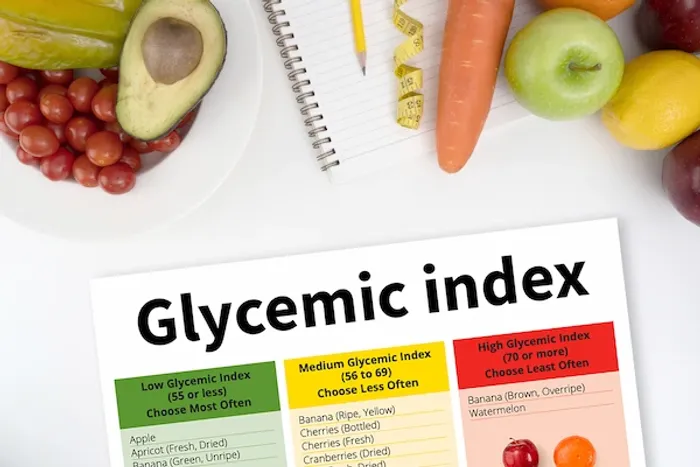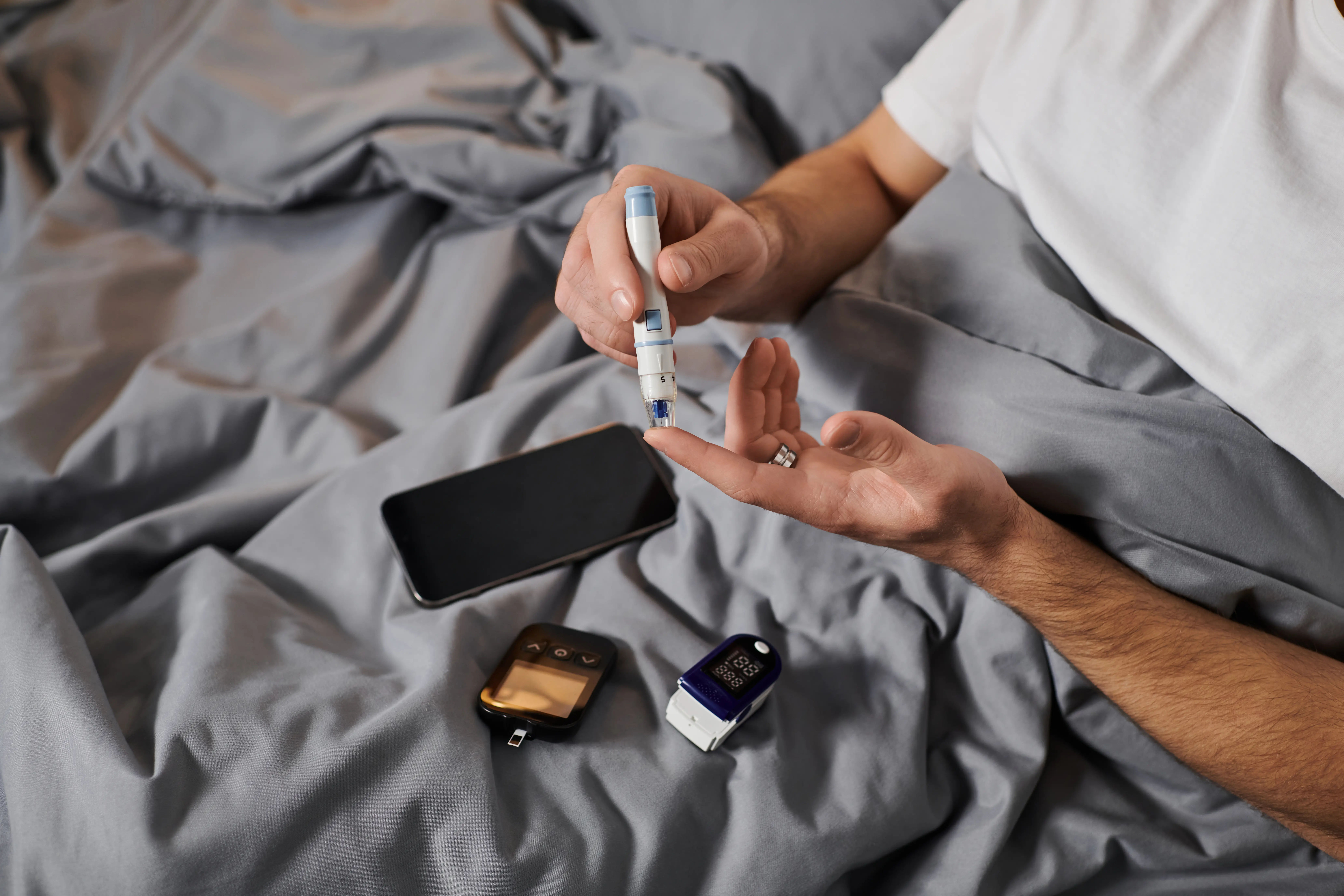Glycemic Index of Sugar Explained
know about GI of mainly sugars. Relation between GI and food explained, how GI affects your health and lifestyle tips for better health.

Written by Dr. J T Hema Pratima
Reviewed by Dr. Rohinipriyanka Pondugula MBBS
Last updated on 4th Nov, 2025

If you’ve ever wondered why some foods make your blood sugar spike while others don’t, the answer lies in the Glycemic Index (GI). Understanding the GI of sugar can help you make smarter food choices, especially if you’re managing diabetes, weight, or overall health.
In this article, we’ll break down what the glycemic index is, how different sugars affect your body, and practical tips to keep your blood sugar levels stable.
What Is the Glycemic Index (GI)?
The Glycemic Index (GI) is a scale (0 to 100) that measures how quickly a carbohydrate-containing food raises blood sugar levels after eating.
Low GI (55 or less): Slow digestion, gradual sugar release (e.g., lentils, whole grains).
Medium GI (56-69): Moderate impact on blood sugar (e.g., honey, brown rice).
High GI (70+): Rapid spike in blood sugar (e.g., white bread, table sugar).
Since sugar is a carbohydrate, its GI determines how fast it enters your bloodstream.
Glycemic Index of Common Sugars
Not all sugars are the same. Here’s how different types compare:
| Type of Sugar | Glycemic Index (GI) | Effect on Blood Sugar |
| Glucose | | 100 (Reference) | Very rapid spike
|
| Table Sugar (Sucros | 65 | Moderate spike |
| Honey | 58 | Moderate spike |
| Fructose (Fruit Sugar) | 19 | very slow rise |
| igh-Fructose Corn Syrup (HFCS) | 73 | Rapid spike |
Key Takeaways:
Fructose (found in fruits) has the lowest GI, making it a better option in moderation.
Table sugar (sucrose) is a mix of glucose and fructose, so its GI is moderate.
Glucose and HFCS cause the fastest blood sugar spikes.
Why Does GI Matter for Your Health?
Eating high-GI sugars frequently can lead to:
Blood sugar swings (energy crashes, cravings)
Increased risk of type 2 diabetes
Weight gain (due to insulin resistance)
Higher risk of heart disease
On the other hand, choosing low-GI sugars helps:
Stabilize energy levels
Control hunger and cravings
Support long-term metabolic health
Consult a Top Diabetic doctor
How to Choose Better Sugars for Stable Blood Sugar
1. Opt for Natural Low-GI Sweeteners
Fruits (fructose-based): Apples, berries, pears
Raw honey (GI 58): Better than table sugar
Dates (GI 42): A great natural sweetener
2. Avoid (or Limit) High-GI Sugars
White sugar (sucrose, GI 65)
High-fructose corn syrup (GI 73)
Glucose syrup (GI 100)
3. Combine Sugars with Fiber, Protein, or Fat
Eating sugar with fibre (e.g., fruit with nuts) or protein (e.g., yoghurt with honey) slows digestion and reduces blood sugar spikes.
4. Watch Portion Sizes
Even low-GI sugars can raise blood sugar if eaten in excess. Moderation is key!
Myths About Sugar and Glycemic Index
Myth: "All sugars are bad."
Fact: Natural sugars (like those in fruits) are fine in moderation.
Myth: "Artificial sweeteners are always better."
Fact: Some artificial sweeteners may still affect insulin sensitivity.
Myth: "Brown sugar is healthier than white sugar."
Fact: Both have similar GI and effects—brown sugar just has molasses.
When to See a Doctor?
If you experience:
Frequent sugar cravings
Unexplained fatigue after meals
Signs of insulin resistance (weight gain, dark skin patches)
Consult a doctor or dietitian for personalised advice. You can also book a diabetes screening test or diet consultation on Apollo 24|7 for expert guidance.
Final Thoughts
Understanding the Glycemic Index of sugar helps you make informed choices for better blood sugar control. While you don’t need to avoid sugar completely, opting for low-GI options and balancing them with fibre and protein can make a big difference in your health.
Consult a Top Diabetic doctor
Consult a Top Diabetic doctor

Dr Syed Mateen Pasha
General Physician
2 Years • MBBS
Bengaluru
PRESTIGE SHANTHINIKETAN - SOCIETY CLINIC, Bengaluru

Dr. Anand Ravi
General Physician
2 Years • MBBS
Bengaluru
PRESTIGE SHANTHINIKETAN - SOCIETY CLINIC, Bengaluru

Dr. Vivek D
General Physician
4 Years • MBBS
Bengaluru
PRESTIGE SHANTHINIKETAN - SOCIETY CLINIC, Bengaluru

Dr. Johnson. S
General Practitioner
7 Years • MBBS MD(Preventive and social Medicine)
Pune
Apollo Clinic, Nigdi, Pune
Dr.rohit Afroz
General Physician
2 Years • MBBS.,MD (General Medicine)
Hyderabad
Apollo Sugar Clinic alkapuri colony, Hyderabad

